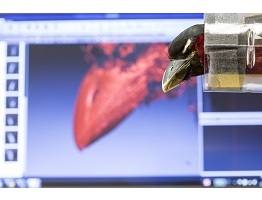Search for 专业推广google搜索留痕收录【66SEO.CC】 伊拉克谷歌霸屏推广 】土耳其谷歌算法更新2022【TG飞机∶@XK5537】外貿網站seo博客【TG飞机∶@AK5537】 youtube ads keep playing 】w7i returned 47 results.
-
Biodiversity Science project: Dognition
You’ll learn your dog’s cognitive style by playing fun, science-based games –- an experience that gives you the insight you need to make the most of your relationship with your best friend. A key aspect of the Dognition methodology is our use of Citizen Science – research that can be conducted by everyone, not just people with Ph.D.s...

-
Biodiversity Science project: InvGame
In this project we explore whether non-experts can contribute to the important problem of Software Verification through playing mathematical puzzle games! Participants need to sign in using Facebook, go through a short tutorial (only on first visit), and then play as many levels as they wish. After several levels they are asked a very short survey. The game does not post or use any information from Facebook, and the survey does not collect any personally identifiable information...
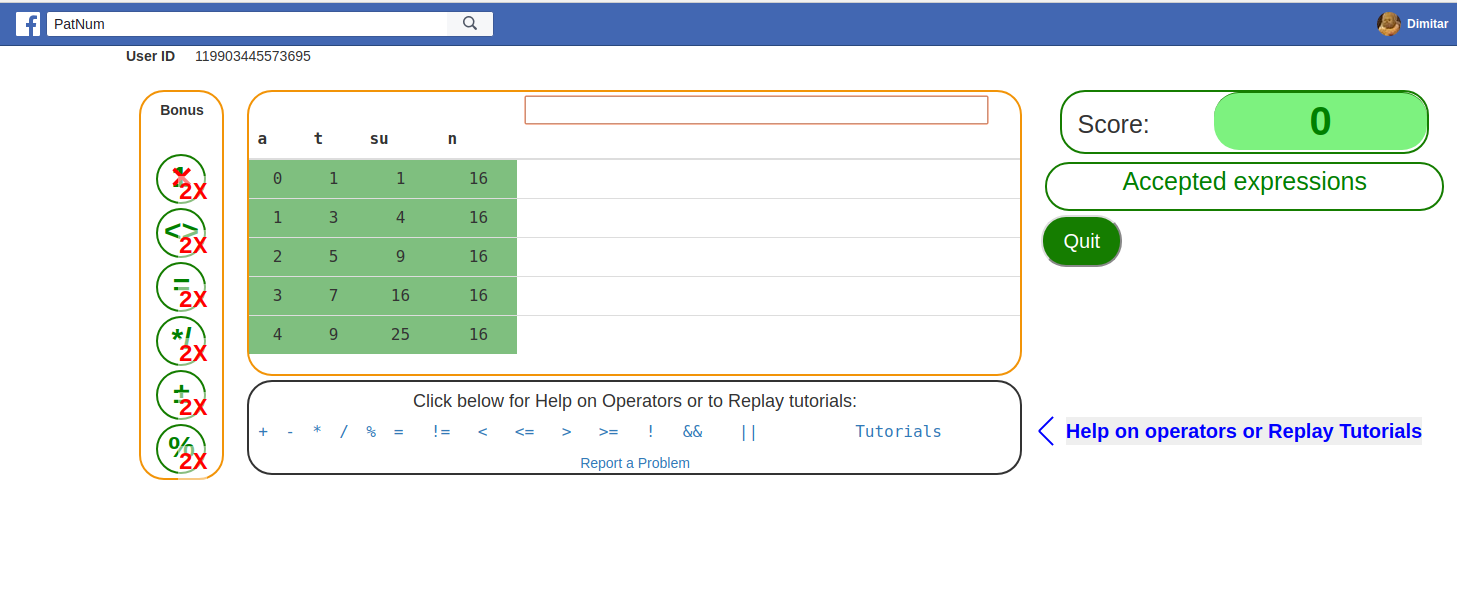
-
Biodiversity Science project: Digital Fishers
Got 60 seconds to help shape ocean science? We’re looking for a few volunteers to help analyze deep-sea videos— seconds at a time. We invite you to participate in ocean science research (no experience required!) via Digital Fishers, a new “citizen science” website. By playing Digital Fishers you’ll help researchers gather data from video, and unveil the mechanisms shaping the animal communities inhabiting the deep...
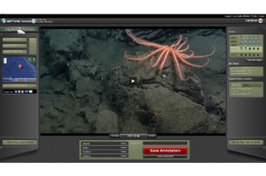
-
Biodiversity Science project: MI-MAST: Wildlife Food Tracker
MI-MAST is a program where YOU get to understand wildlife foods in areas you are interested in while playing an important role in the conservation of Michigan’s wildlife. Understanding the cycles of wild fruit and seeds that are produced by trees and shrubs, also called mast, is a critical component of understanding wildlife habitat and population performance...
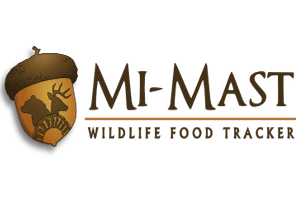
-
Biodiversity Science project: Ventus
Help map, collect, and correct information about power generation locations around the world. Through placing pins of power generation sources on a map or filling out and reviewing correcting information about these sources you will help make studying power generation impact on the global carbon cycle and climate change reach new levels.

-
Biodiversity Science project: Geo-Wiki Project
The Geo-Wiki Project is a citizen science network that hopes to improve the overall quality of land use and land cover maps across the globe. They host a variety of projects, all of which use their online Google Earth Application to enlist citizen scientists to improve spatial data. By comparing global land use and land cover data to the aerial photography that appears in Google Earth, you can help improve the validity of important data that is being used to solve important global...
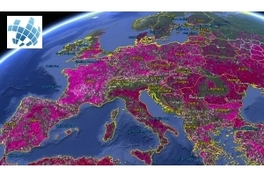
-
Biodiversity Science project: Where's Lori?
Where's Lori? is a citizen science projects focused on rainbow lorikeets. Participants in Victoria will upload upload picture of rainbow lorikeets and/or their nesting hollows to a google form for a chance to win a range of prizes.

-
Biodiversity Science project: Speak to AI
There is a property of language, called "compositionality". It means that in any sentence, you could replace a word with a phrase with the same meaning, and the meaning of the sentence would stay the same. Let's look at the following two sentences: I ate a carrot. I ate a crunchy orange vegetable. The meaning of these two sentences stays the same, while the phrasing and style change...
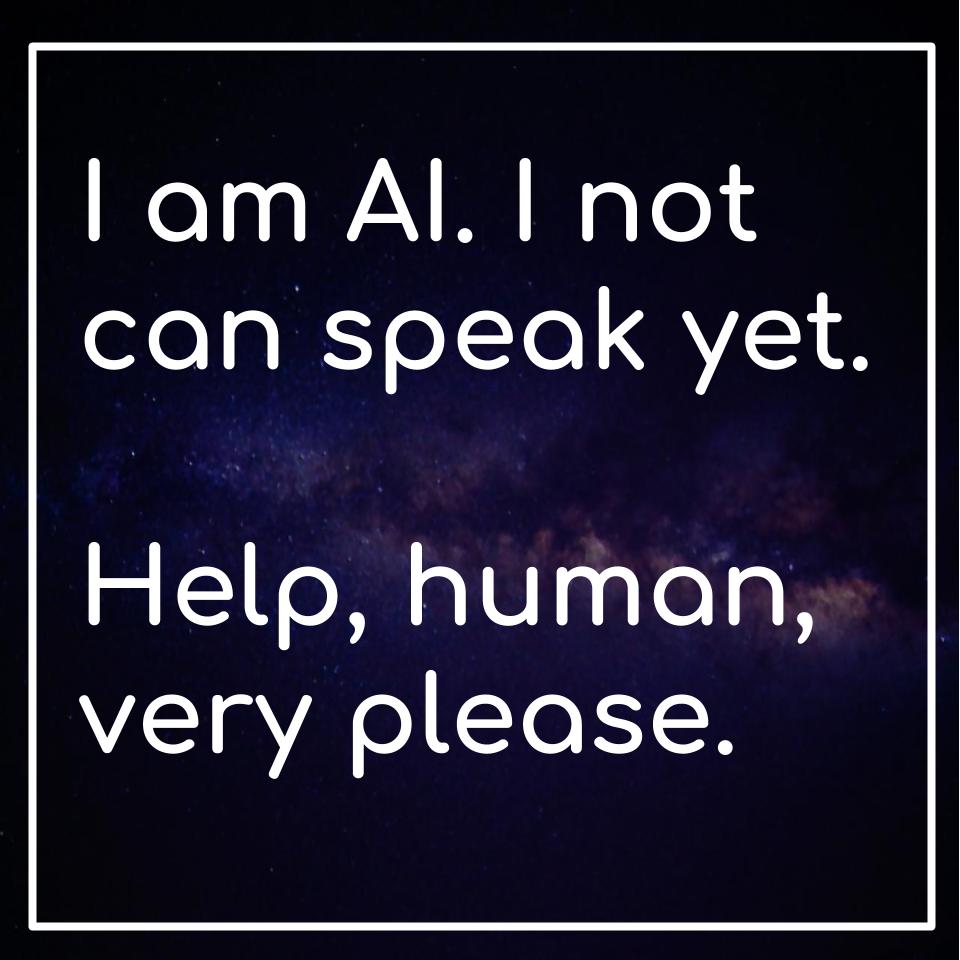
-
Biodiversity Science project: South American Wildlands and Biodiversity
South American Wildlands and Biodiversity needs volunteers to help identify, describe, and protect wildland complexes and roadless areas in South America. Volunteers will use Google Earth to identify and map existing roads in areas of Argentina, Chile, and Bolivia. Volunteers are needed who have access to Google Earth and are comfortable working on computers...
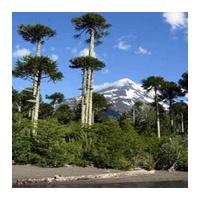
-
Biodiversity Science project: Mark My Bird
Our team of researchers, based at the University of Sheffield, are taking 3D scans of the bills of all of the world’s bird species from museum collections. The 3D scans are incredibly detailed but before we can use them they require a process called landmarking. Landmarking involves placing points on features of the bill that are common to all specimens. We can use the landmarks to mathematically describe the shape of bills so that we can compare and test how they differ among species...
